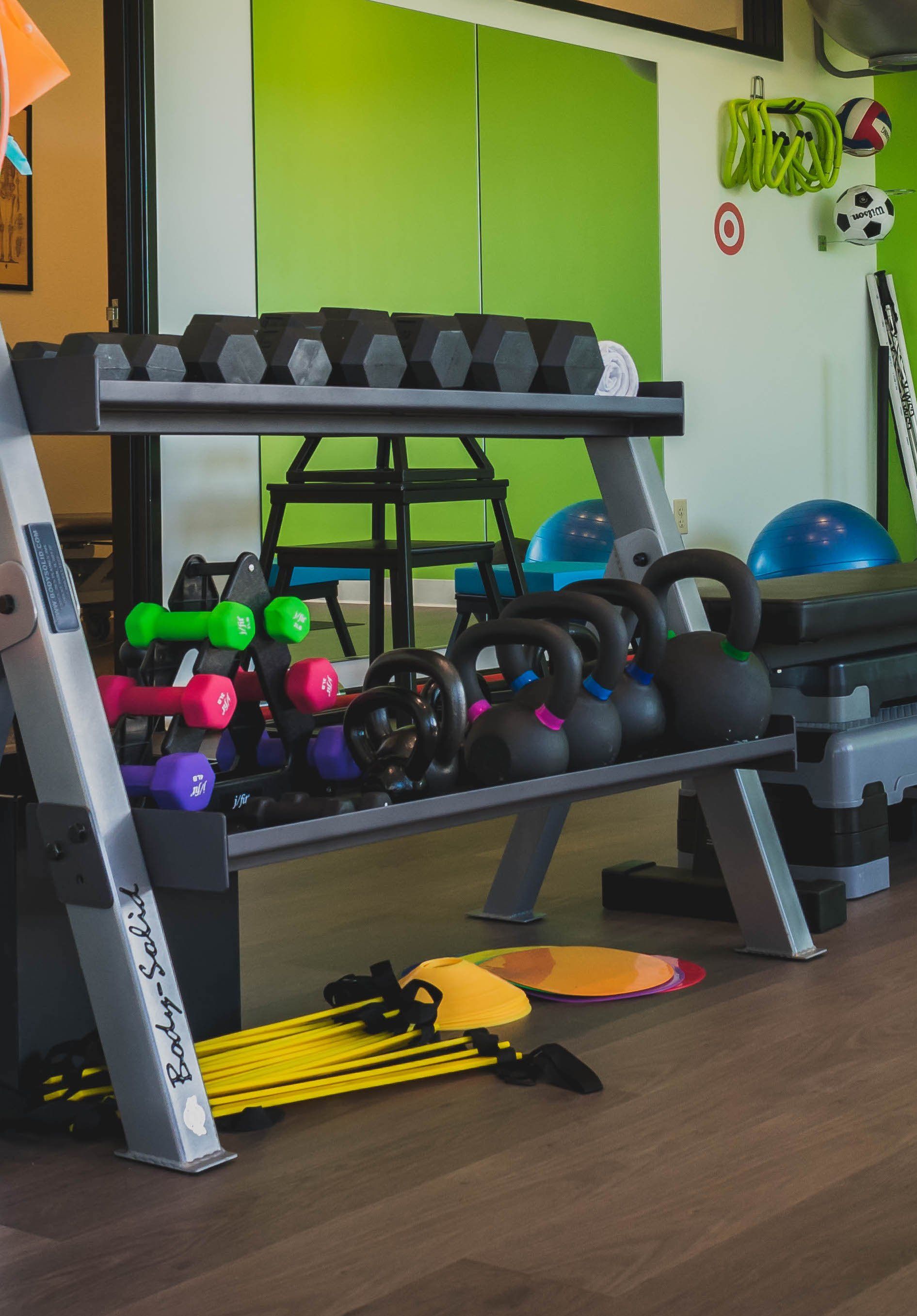Herniated Disc
Herniated Disc: Causes and Treatments
Your spine is made up of 33 bones stacked on top of another with a cushion, intervertebral disc, in between each one. The discs have a soft center and a tough exterior. A herniated disc, sometimes called a slipped or ruptured disc, occurs when the soft center pushed through a crack in the tough exterior. When this occurs, it may touch nearby nerves that are tied to the legs and arms. That’s why a slipped disc can cause pain, numbness or weakness in an arm or leg.
Signs and Symptoms of a Herniated Disc
Most herniations occur in the lower back, but can also occur in the neck area. Typical symptoms of a herniated disc include:
- Pain or numbness in the buttocks, thigh and calf
- Pain or numbness in shoulder or arm
- Pain that worsens after standing, sitting, sneezing, or bending
- Unexplained muscle weakness
Most cases of herniated disc can be resolved without surgery and you should seek immediate medical attention if you feel any pain, weakness or numbness in those areas. In more serious cases, low back disc herniation may cause loss of bladder control. Herniated discs can be caused by too much twisting and turning while lifting heavy objects or improper posture while sitting, standing or walking. Most cases of herniated discs are the result of natural aging.
Physical Therapy For Herniated Disc Pain
The goal of physical therapy for herniated disc is to help you enjoy your daily activities without pain. Physical therapists can help to educate you on how to augment your movements to avoid certain positions that may be painful. Best of all, every program is tailored your individual needs and goals.
- Manual therapy techniques may be used to help relieve nerve pressure and increase mobility of stiff joints and muscles.
- Exercises to strengthen your core and trunk muscles to stabilize the spine and to increase flexibility to improve joint mobilization.
- Posture education to reduce pressure on your disc.
- Demonstration on how to lift objects with the right muscles to avoid re-injury
Physical therapy for herniated disc can help you return to living pain free. If you believe that you have experienced a herniated disc, contact a physical therapist to schedule an evaluation. Your physical therapy for herniated disc treatment can reduce pain and prevent your injury from progressing further.
